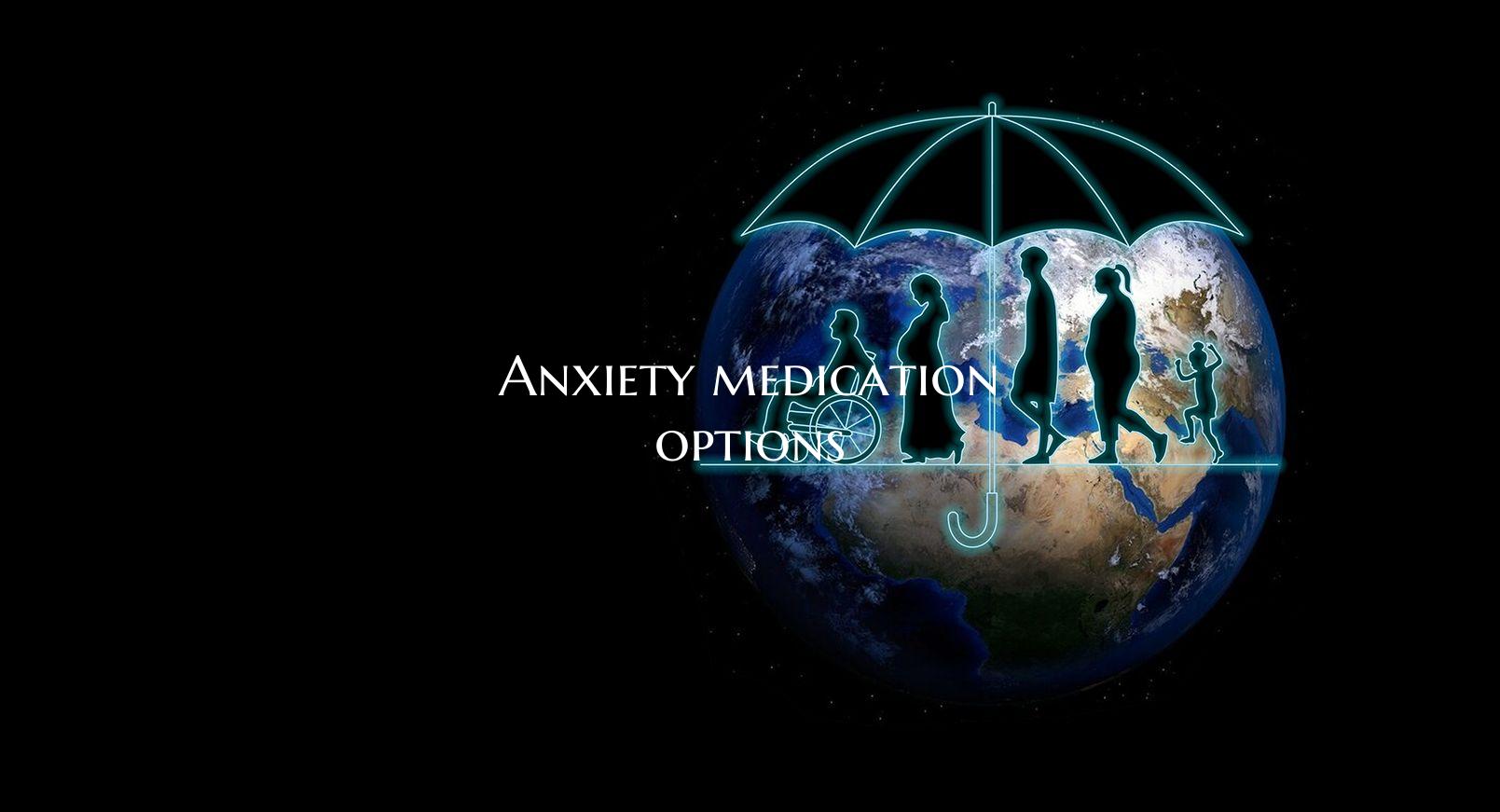
Anxiety medication options
Anxiety Medication Options: A Comprehensive Guide
Living with anxiety can be incredibly overwhelming, but there are various medication options available to help manage symptoms and improve quality of life. It's important to work closely with a healthcare provider to determine the best treatment plan for your individual needs.
1. Antidepressants: Selective Serotonin Reuptake Inhibitors (SSRIs) and Serotonin-Norepinephrine Reuptake Inhibitors (SNRIs) are commonly prescribed for anxiety disorders. These medications can help regulate serotonin and norepinephrine levels in the brain, reducing symptoms of anxiety over time.
2. Benzodiazepines: These medications are used for short-term relief of severe anxiety symptoms. They work by enhancing the effects of a neurotransmitter called gamma-aminobutyric acid (GABA), which helps calm the brain and central nervous system.
3. Buspirone: This medication is another option for treating generalized anxiety disorder. Unlike benzodiazepines, buspirone is non-addictive and may take several weeks to reach full effectiveness. It works by stimulating serotonin receptors in the brain.
4. Beta-Blockers: While not typically considered first-line treatment for anxiety, beta-blockers can be used to manage physical symptoms such as rapid heart rate, trembling, and sweating. These medications block the effects of adrenaline, helping to reduce the "fight or flight" response.
5. Pregabalin and Gabapentin: Originally developed to treat seizures, these medications are also effective in managing anxiety disorders. They work by calming overactive nerve cells in the brain, reducing excessive firing that can contribute to anxiety symptoms.
6. Tricyclic Antidepressants: Although less commonly prescribed than SSRIs and SNRIs, tricyclic antidepressants like imipramine and amitriptyline can be beneficial for some individuals with anxiety disorders. They affect serotonin and norepinephrine levels in the brain.
It's crucial to discuss the potential benefits and risks of each medication with your healthcare provider. They will consider factors such as your specific symptoms, medical history, and any potential interactions with other medications you may be taking. Additionally, therapy and lifestyle modifications can complement medication in managing anxiety effectively. Remember, finding the right treatment approach may take time, so be patient and proactive in your healthcare journey.